
Ingredient
Vitamin B9 (folic acid, folinic acid)
The Essential Nutrient for Cell Growth and Development
Vitamin B9 is a water-soluble vitamin that is naturally found in foods such as leafy greens, legumes, and citrus fruits. It is a crucial nutrient for DNA synthesis, red blood cell production, and the formation of neural tubes in developing embryos. Vitamin B9 is known for its role in preventing neural tube defects in newborns and is also important for maintaining a healthy cardiovascular system. It has a yellowish color and is available in both synthetic and natural forms. The synthetic form, folic acid, is commonly used in fortified foods and supplements, while the natural form, folinic acid, is found in foods and is more easily absorbed by the body.
Origins and history
The discovery of Vitamin B9 dates back to the early 20th century when researchers identified a substance in liver that could prevent anemia. In the 1940s, folic acid was isolated and identified as the active compound responsible for preventing anemia. Since then, extensive research has been conducted on the role of Vitamin B9 in human health, particularly its importance during pregnancy. The fortification of foods with folic acid began in the 1990s to reduce the risk of neural tube defects in newborns.
Nutritional information
Vitamin B9 is an essential nutrient that supports cell growth and development. It is particularly important during pregnancy for the formation of neural tubes in developing embryos. It also plays a role in DNA synthesis and red blood cell production. One serving of folic acid provides approximately 100% of the recommended daily intake for adults.
Allergens
There are no known allergens associated with Vitamin B9.
How to select
When purchasing folic acid supplements or fortified foods, look for reputable brands that adhere to quality standards. For natural food sources of folinic acid, choose fresh produce that is vibrant in color and free from any signs of spoilage.
Storage recommendations
Store folic acid supplements in a cool, dry place away from direct sunlight. For folate-rich foods, refrigerate them in airtight containers to maintain their freshness and nutritional value.
How to produce
Vitamin B9 cannot be produced at home as it is a complex nutrient that requires specialized manufacturing processes. However, you can incorporate folate-rich foods into your diet by growing leafy greens, legumes, and citrus fruits in your garden or purchasing them from local farmers.
Preparation tips
Folic acid supplements can be taken orally as directed by a healthcare professional. When using folate-rich foods, ensure they are properly washed and prepared before consumption. Leafy greens can be used in salads, stir-fries, or smoothies, while legumes can be cooked and added to soups, stews, or salads. Citrus fruits can be enjoyed fresh or used in juices, desserts, or savory dishes.
Culinary uses
Vitamin B9, in the form of folic acid, is commonly used as a supplement or added to fortified foods such as cereals, bread, and pasta. It is also naturally present in foods like spinach, broccoli, lentils, and oranges, which can be incorporated into a variety of dishes and cuisines.
Availability
Vitamin B9 is commonly available worldwide as both folic acid supplements and in natural food sources.
More ingredients from this category » Browse all

Vitamin B1 (thiamine)
The Essential Energy Booster
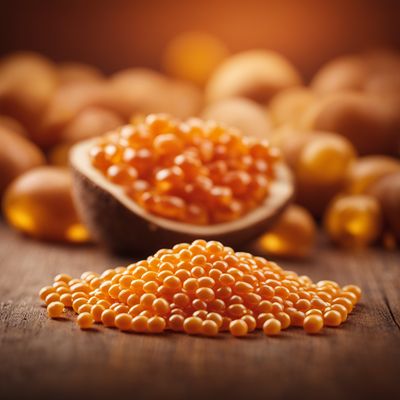
Vitamin B2 (riboflavin)
The Radiant Nutrient

Vitamin D (cholecalciferol, ergocalciferol)
"The Sunshine Vitamin: Unlocking the Power of Vitamin D"

Vitamin E (tocopherols, tocotrienols)
The Antioxidant Powerhouse
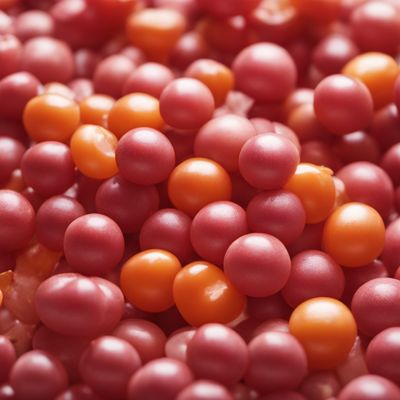
Vitamin B6 (pyridoxine, pyridoxamine, pyridoxal)
The Essential Nutrient Trio: Unveiling the Powers of Vitamin B6

Vitamin C (ascorbic acid)
The Immunity Booster: Unveiling the Power of Vitamin C

Vitamin B3 (niacin, niacinamide)
The Essential Nutrient: Unveiling the Power of Vitamin B3

Vitamin K (phylloquinone, menaquinones)
The Mighty Nutrient: Unveiling the Power of Vitamin K
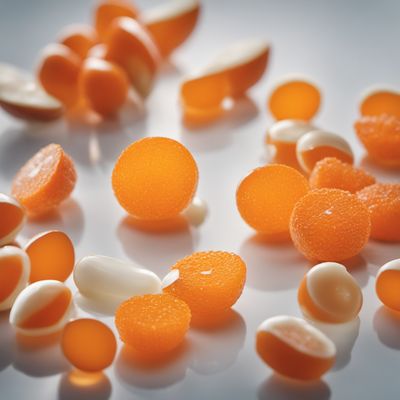
Vitamin A (retinol, carotenoids)
The Vision Booster
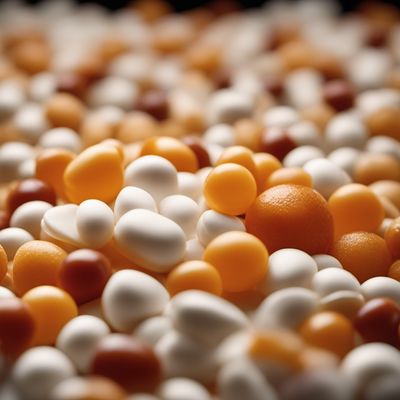
Vitamin B5 (pantothenic acid)
The Essential Nutrient: Unveiling the Power of Vitamin B5
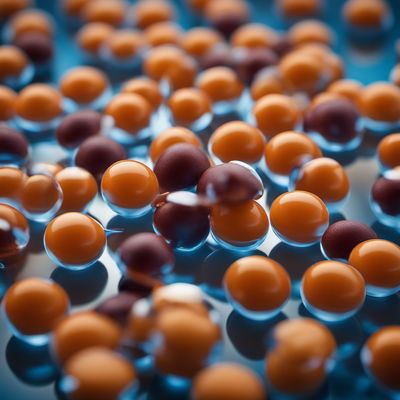
Vitamin B12 (cyanocobalamin, hydroxocobalamin, methylcobalamin)
The Essential Vitamin: Unveiling the Power of B12

Vitamin B7 (biotin)
The Beauty Vitamin: Unveiling the Wonders of Biotin